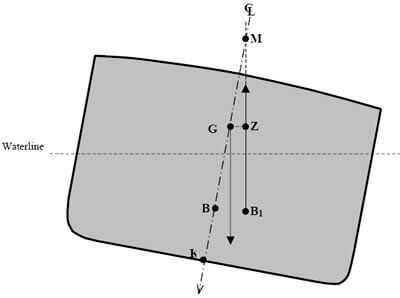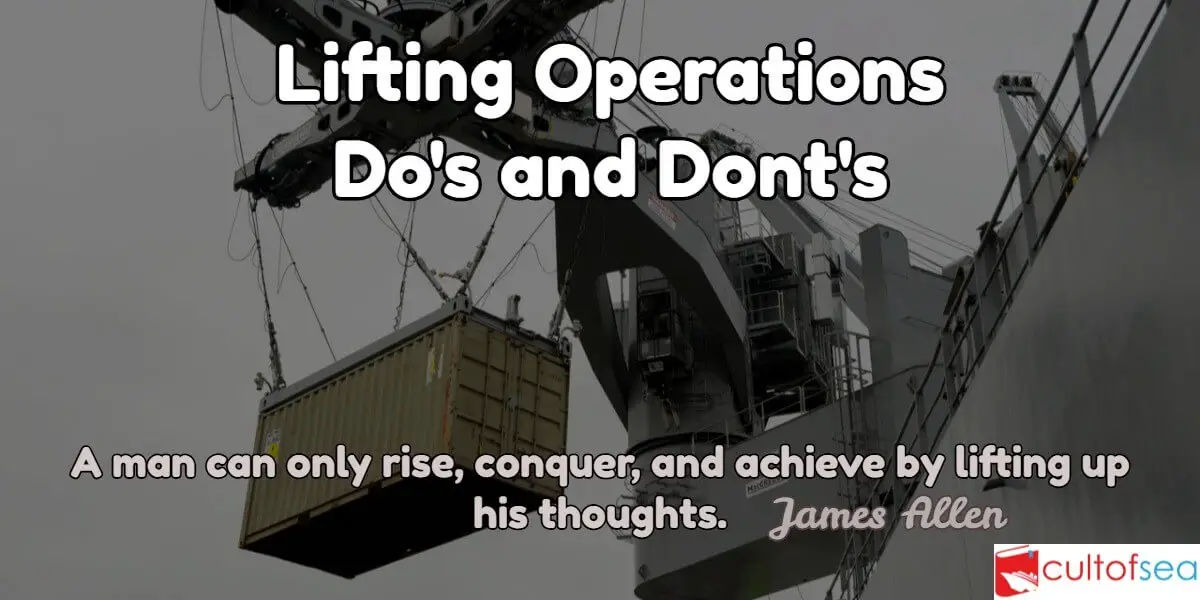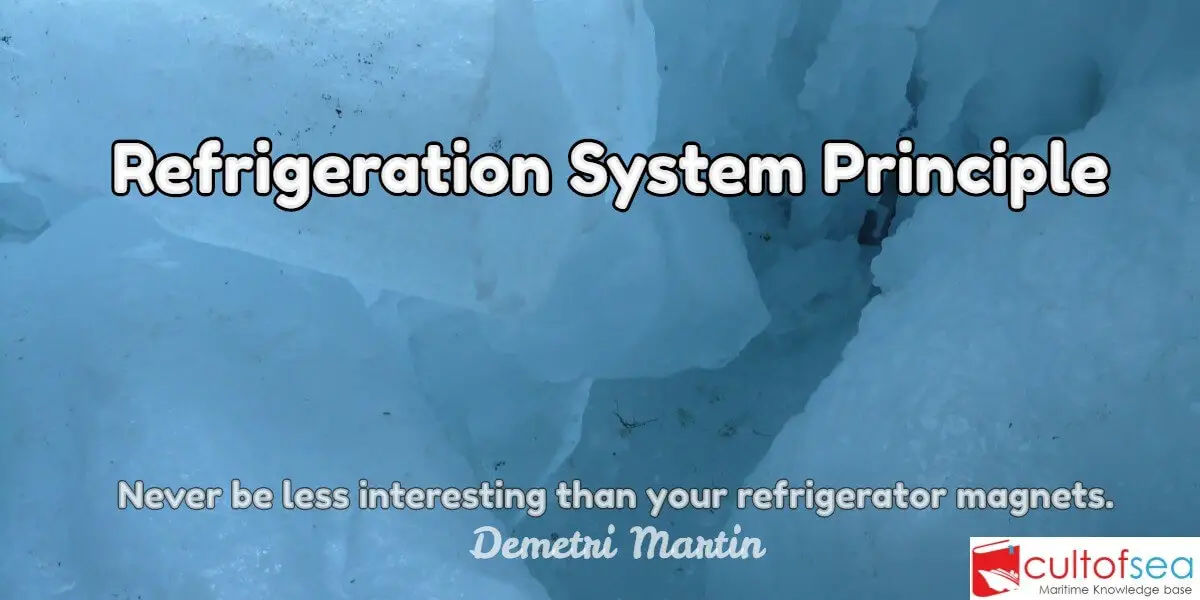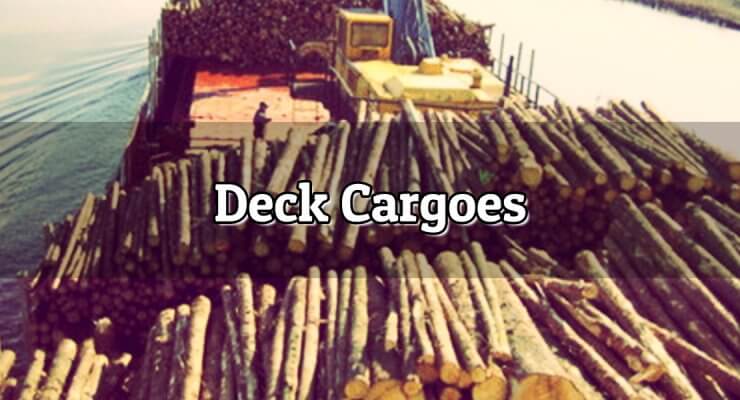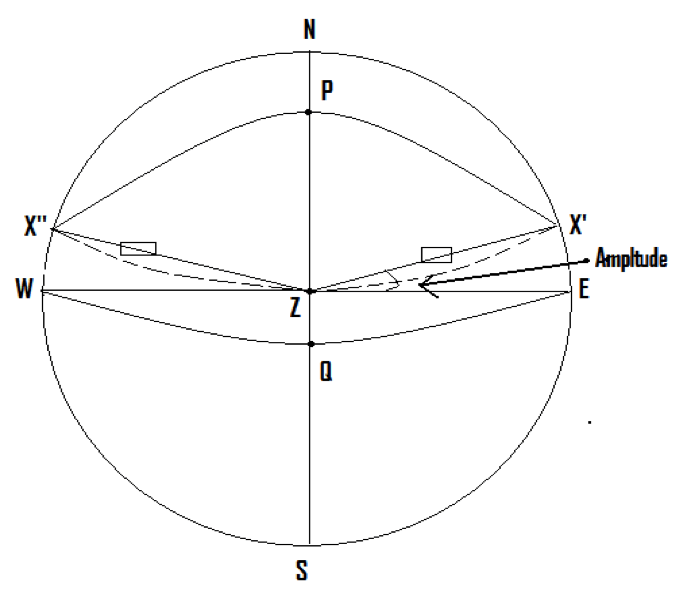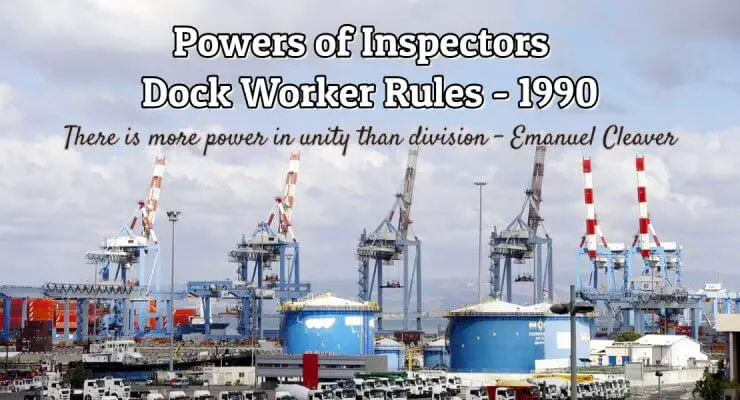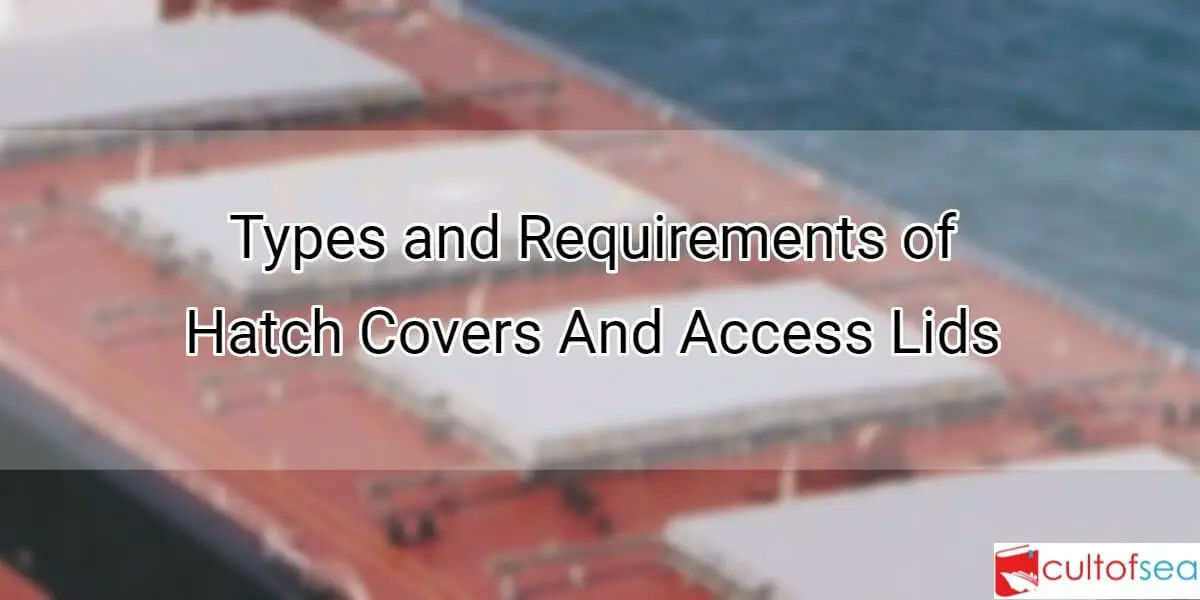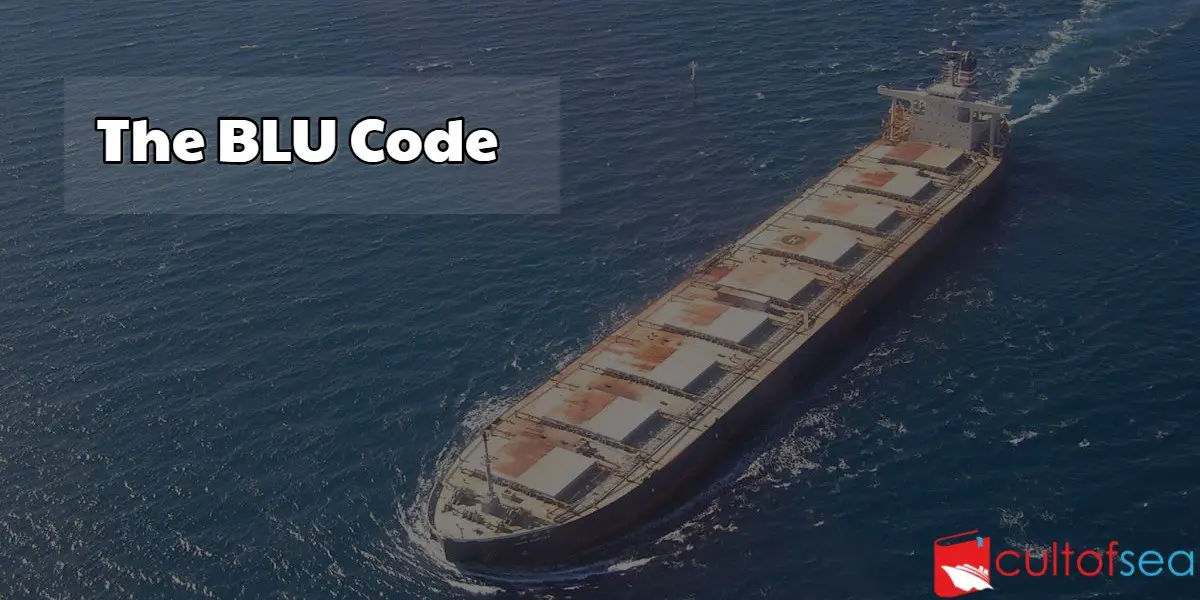Annex I- Regulations for the Prevention of Pollution by Oil Chapter 4 - Requirements for the cargo area of oil tankers. Part A - Construction Regulation 27 - Intact stability 1 Every oil tanker of 5,000 tonnes deadweight and above delivered on or after 1 February 2002 shall comply with the intact stability criteria specified for any operating draught under the worst possible conditions of cargo and ballast loading, consistent with good operational practice, including intermediate stages of liquid transfer operations. Under all conditions, the ballast tanks shall be assumed slack..1 In … [Read more...]
Archives for December 2015
Visual Storm (Cyclone) Warning Signals for Indian Sea Ports
When storm (cyclone) warnings are given by news channels, they mostly report only the storm warning signal numbers hoisted in sea ports. What those signal numbers imply are not known to the common man listening/viewing the news.Here are some details of Visual Storm (Cyclone) Warning Signals for Indian Sea Ports.The India Meteorological Department (IMD) is responsible for providing tropical cyclone warnings. Tropical cyclone warnings are provided by three Area Cyclone Warning Centres (ACWCs) located at Kolkata, Chennai and Mumbai in addition to three Cyclone Warning Centres at … [Read more...]
Lifting Operations Onboard Ship
Lifting Operations - Do's and Dont's 1 Every lifting operation must be -(a) properly planned;(b) appropriately supervised, and(c) carried out in a safe manner.2 No lifting operation should be begun using equipment which is mobile or can be dismantled unless the employer is satisfied that the lifting equipment will remain stable during use under all foreseeable conditions taking into account the nature of the surface on which it stands.3 All lifting operations must be properly planned, appropriately supervised and carried out to protect the safety of workers. Whilst this … [Read more...]
Control of operational discharge of oil (Cargo Area)
Marpol Regulation 34 Discharges outside special areas Any discharge into the sea of oil or oily mixtures from the cargo area of an oil tanker shall be prohibited except when all the following conditions are satisfied:.1 the tanker is not within a special area; .2 the tanker is more than 50 nautical miles from the nearest land; (This is to make quite certain that the very small amounts of oil permitted to be discharged in compliance with requirements (.4) and (.5)will not reach the shore.) .3 the tanker is proceeding en route; (This eliminates the possible concentration of the permitted … [Read more...]
Refrigeration Principle, Cargo and Systems
PRINCIPLE OF REFRIGERATIONJust as the natural flow of water is from a high level to a low level, the natural flow of heat too is from a body at high temperature to a body at a low temperature, and just as we would need a pump to reverse the flow or pump water upwards, we need mechanical work to be done or a heat pump to transfer heat from a body at a low temperature and give it to a body at a high temperature. In a refrigeration system, gas at a high PR. P¹, low vol. V¹ & high temp T¹ (35°C to 40°C) is obtained from the compressor. It is allowed to expand slightly & cool in … [Read more...]
Deck Cargoes
The phrase ‘deck cargoes’ refers to items and/or commodities carried on the weather deck and/or hatch covers of a ship and thereon exposed to sun, wind, rain, snow, ice and sea, so that the packaging must be fully resistant to, or the commodities themselves not be denatured by such exposure.Deck cargoes, because of their very location and the means by which they are secured, will be subjected to velocity and acceleration stresses greater, in most instances, than cargo stowed below decks.The stowage, lashing and securing of cargoes, therefore, require special attention as to method and … [Read more...]
Amplitude
The Amplitude of a body is the angle at the observer’s zenith or the arc of his rational horizon contained between the observer’s prime vertical and the vertical circle through the body, at theoretical rising or setting.When observing the amplitude of a body, its centre should be on the rational horizon, that is, its true altitude should be exactly 0° which implies that its zenith distance will be exactly 90°. Amplitude is measured from the observer’s prime vertical, as shown in the figure, and not from the observer’s meridian.Amplitude is therefore named from … [Read more...]
Powers of Inspectors – Dock Worker Rules 1990
An Inspector may at any port for which he is appointed:Enter, with such assistance, (if any), as he thinks fit, any ship, dock, warehouse or other premises, where any dock work, is being carried on, or where he has reason to believe that any dock work is being carried on; Make examination of the ship, dock, lifting appliance, loose gear, lifting device, staging, transport equipment, warehouse or other premises, used or to be used, for any dock work; Require the production of any testing muster roll or other document relating to the employment of dock workers and examine such … [Read more...]
Hatch Cover and Access Lids
HATCH COVER AND ACCESS LIDS General RequirementsBased on the findings of the risk assessment, appropriate control measures should be put into place to protect those workers whose health and safety may be put at risk by the operation of hatch covers and access lids. Any hatch covering used on a ship is to be of sound construction and material, of adequate strength for the purpose for which it is used, free from patent defect and properly maintained. A hatch covering is not to be used unless it can be removed and replaced, whether manually or with mechanical power, without … [Read more...]
BLU Code – Code Of Practice For The Safe Loading And Unloading Of Bulk Carriers
Purpose The BLU Code has been developed by IMO to minimise losses of bulk carriers. The purpose of the Code is to assist persons responsible for the safe loading or unloading of bulk carriers to carry out their functions and to promote the safety of bulk carriers. The Code primarily covers the safety of ships loading and unloading solid bulk cargoes, excluding grain, and reflects current issues, best practices and legislative requirements. Broader safety and pollution issues such as those covered by the SOLAS, MARPOL and Load Line Conventions are not specifically included in the … [Read more...]
